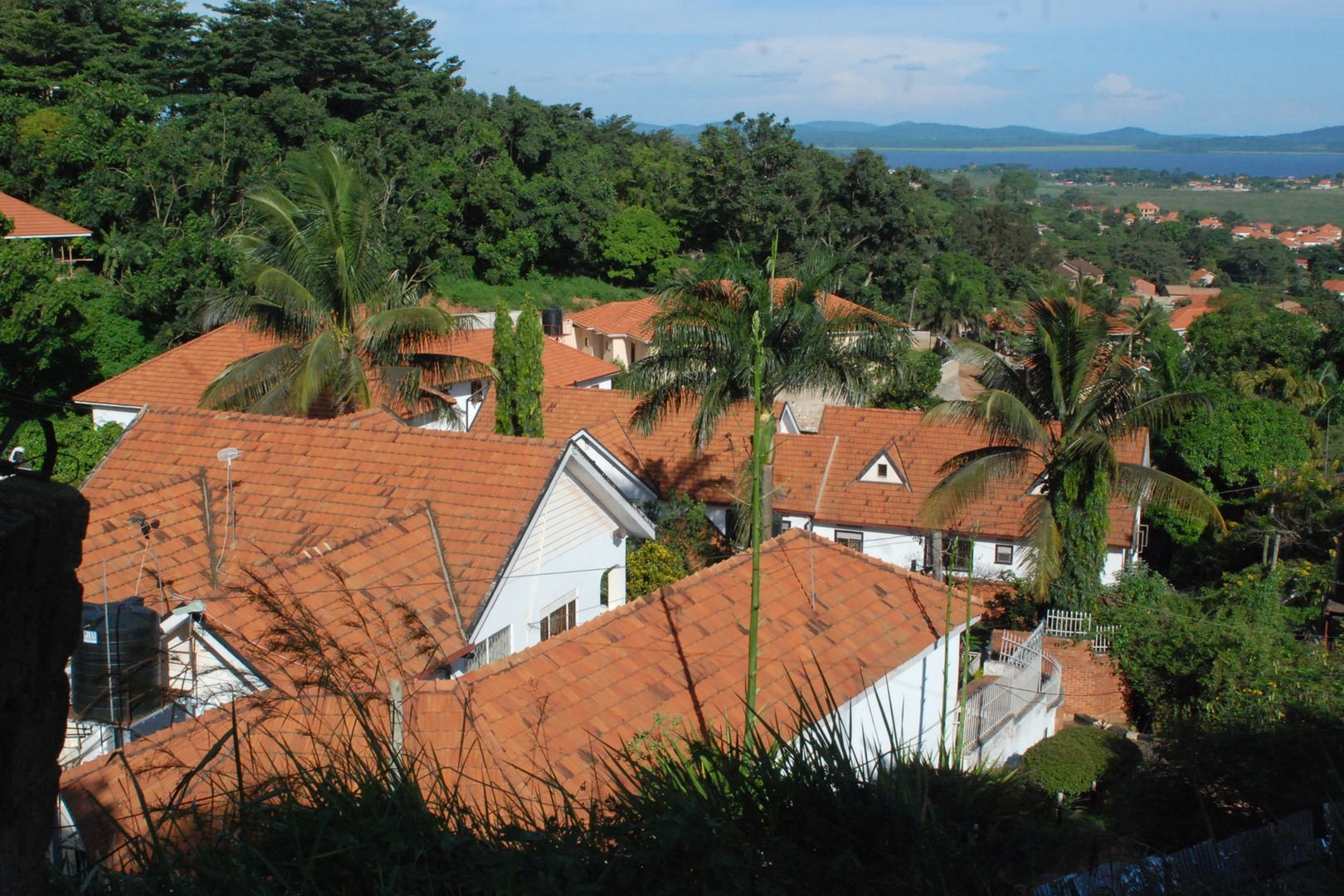Inside proposal to revive tea farming

A worker plucks green tea leaves from a garden in Kabarole District. PHOTO/ALEX ASHABA
What you need to know:
- The farmers say the government must do more to rejuvenate tea production
- In Tooro Sub-region, many tea out-growers have abandoned their gardens since the start of the year when the price of green tea leaves dropped to between Shs100 and Shs150 at the farm gate.
Tea farmers across Uganda are facing a looming crisis, with several processing factories on the brink of closure.
This is on account of the low prices of the crop, which has forced some of the tea farmers to uproot the trees in favour of the more lucrative coffee growing and other ventures.
However, the farmers under the umbrella body, the Uganda Tea Outgrowers Association (UTOA), insist all is lost and have appealed to the government to support their strategy, which they think can save the sub-sector.
The farmers led by Mr Onesimus Matsiko, the chairperson of UTOA, want the government to allocate Shs41 billion to rejuvenate tea production.
“This will reduce farmers’ reliance on processing factories to provide financing for primary production. Farmers will also have the capacity to supply green leaf to factories and wait for leaves to go through the cash cycle before factories make payments,” the farmers say.
This is contained in a petition that the farmers presented to Deputy Speaker of Parliament Thomas Tayebwa at the weekend.
The farmers further say they also need Shs 31.5 billion to support tea outgrowers' operations.
They are also demanding fertiliser subsidies from the government, which should be at least 75 percent for the first season, followed by 50 percent in the second season, and 25 percent in the third season. This, they say, is to create a self-sustaining fertiliser financing mechanism.
The estimated cost of these subsidies is Shs21.525 billion for the first season, Shs14.35 billion for the second, and Shs7.175 billion for the third season.
"The total cost of fertilizer for Uganda's tea acreage is Shs41 billion, with 70 percent—Shs 28.7 billion—allocated for outgrowers. This money should be used to buy fertiliser for distribution to farmers, with repayments deducted from green leaf supplies," reads the petition in plan.
Another demand is for Parliament to instruct the Uganda National Bureau of Standards (Unbs) to develop an enforceable standard for tea green leaf quality.
This, according to the petition, would be the most practical and impactful intervention capable of being implemented in the short term to revitalize the sector.
“Tea processing factories will be compelled to buy green leaf from farmers of a certain minimum standard. Unbs will enforce the standard by inspecting green leaf stocked in their respective withering facilities before processing,” the petition reads.
Mr Matsiko said team farmers also need the government to grant support to the recovery of abandoned tea gardens, adding that the government should also establish a fertiliser revolving fund.
“Many tea factories have their properties threatened by bank loans with a few explicitly heading to business closure. Individual factory companies were promised government hand-holding in the restructuring of their respective bank loans and it doesn’t appear to have happened,” he said.
Mr Tayebwa referred the petition to the Committee on Trade and Tourism and gave them 45 days to investigate the issues raised and propose solutions.
In Tooro Sub-region, many tea out-growers have abandoned their gardens since the start of the year when the price of green tea leaves dropped to between Shs100 and Shs150 at the farm gate.
The declining quality of Uganda-processed tea has contributed to the country's inability to sell its tea above a dollar at recent auctions. However, the Mombasa Tea Auction, which closed on September 17, saw a notable price increase for Ugandan tea, with the average price reaching $0.98 (Shs3,605.45) per kg, up from $0.87 (Shs3,200) in August. In the September 23 auction, the average price of processed tea rose further to $1.01 (Shs3,730.74) per kilogramme.
Mr John Tusiime, a tea farmer from Kabarole District, said they hope the petition will yield good results.
"Finally, someone is listening to our plight, we have been struggling with low prices and high costs for too long. If they can reduce the cost of electricity for processing factories and provide subsidies for fertilisers, it will make a huge difference for us," he said.
Ms Sarah Kyobutungi, another farmer said: "I have been worried about the future of our tea farms with factories about to close down. This petition gives us hope that things might turn around, with better government intervention, like affordable fertilizers and a clear quality standard, we can improve our yields and income."



